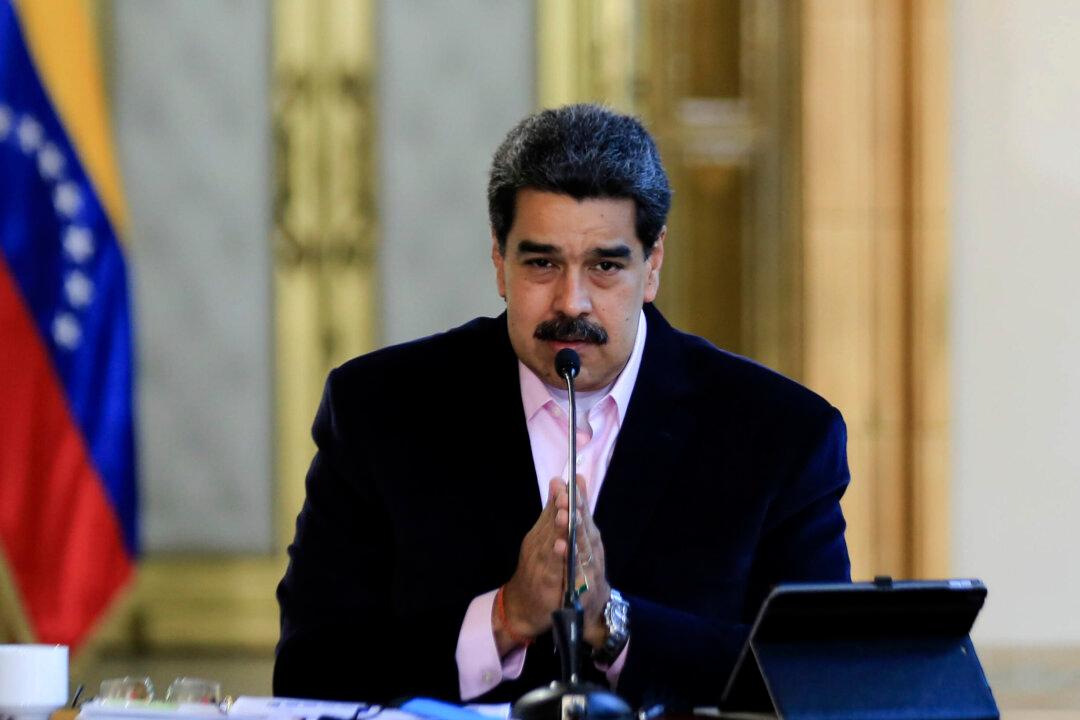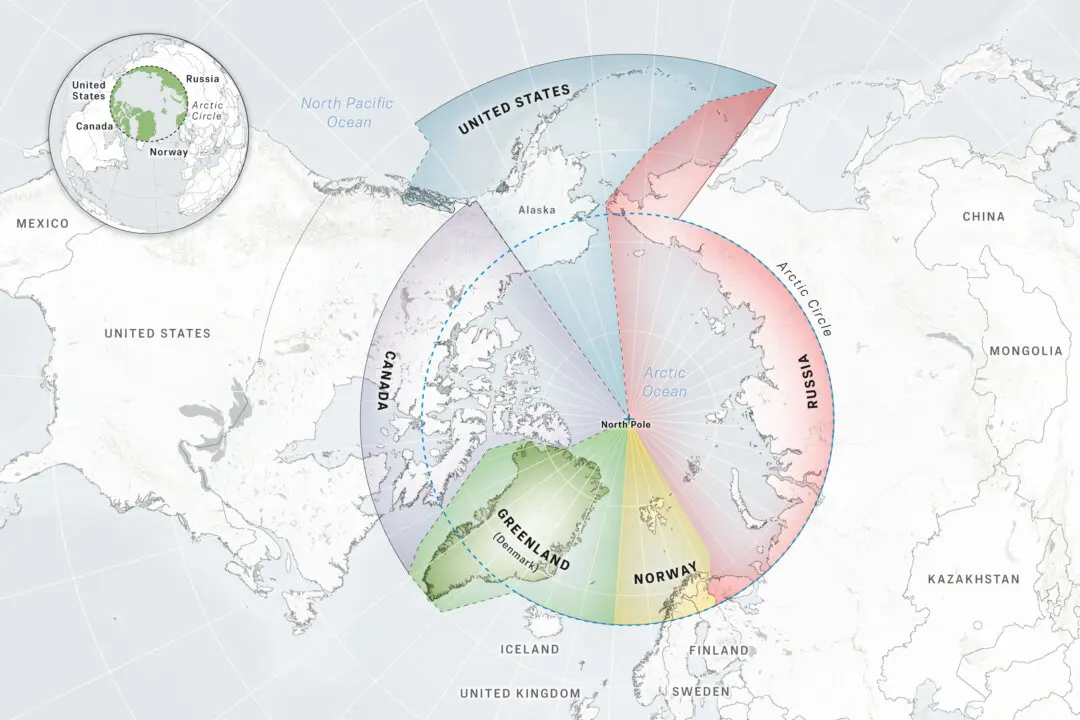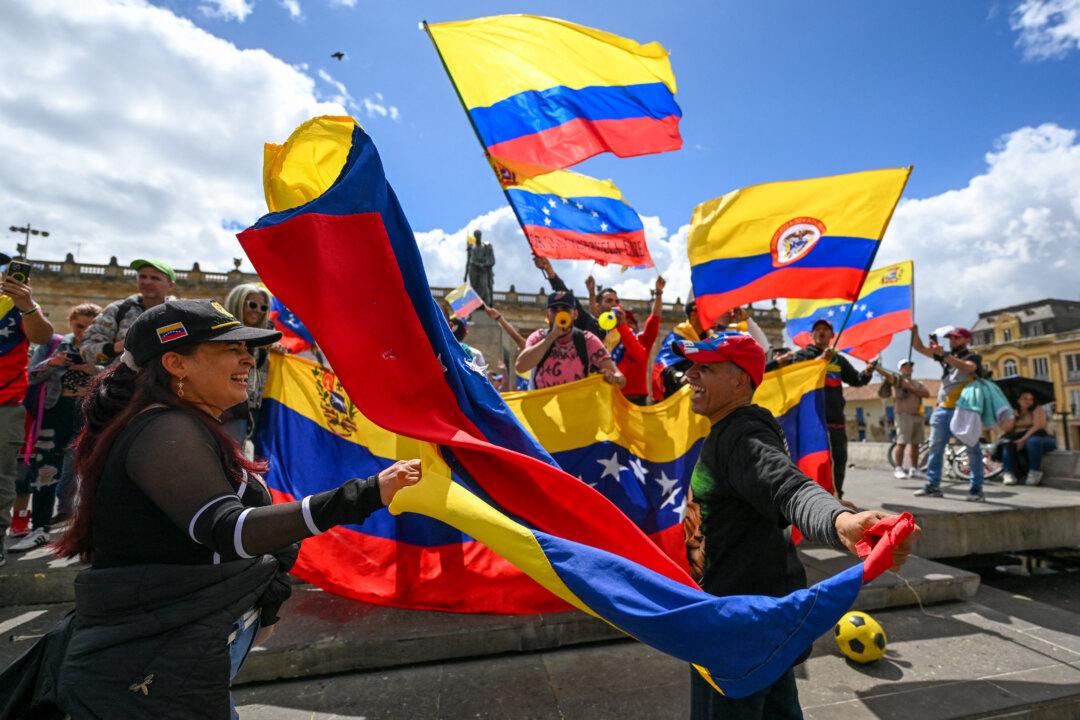In recent weeks, with increased sanctions against Russia and the systematic withdrawal of U.S. oil service companies from the Eurasian nation, officials have turned to the authoritarian regime of Venezuelan President Nicolás Maduro in hopes of a solution.
Since Russia launched a massive military invasion of Ukraine on Feb. 24, crude oil has suffered market instability and inflation, hitting historic highs of more than $130 per barrel.





